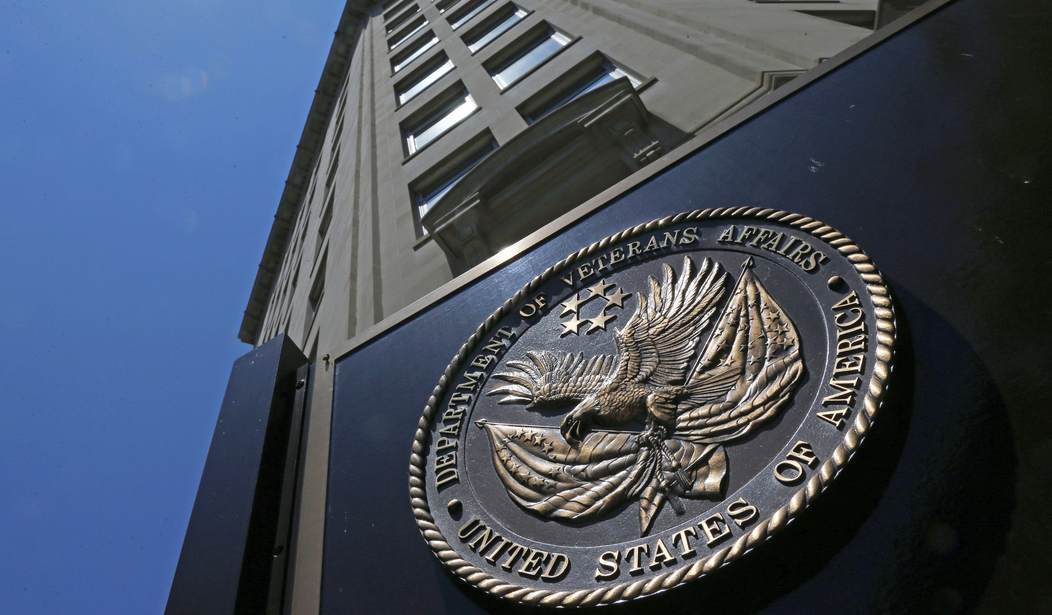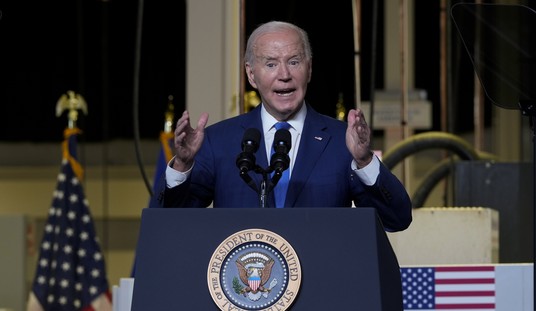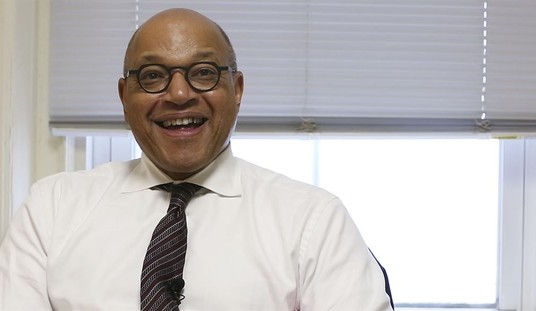Most veterans agree that the process to obtain benefits through the U.S. Department of Veterans Affairs (VA) after returning home with a service-connected disability is more onerous than necessary. It can be confusing, frustrating, and discouraging to have your claim rejected and not know why. Something as small as failing to use specific verbiage to describe your condition could result in a lower rating than you deserve or even a flat-out denial of your claim.
When this happens, many veterans understandably appeal the VA’s decision. The success or failure of each appeal rests on the highly technical language the VA uses to affirm or reverse their previous decision. These appeals can run the risk of falling into the laps of a handful of attorneys who stand to benefit from the longer the appeal takes to be resolved. The average processing time for these appeals is 36 months. It’s ridiculous, truly, that the VA lets this go on. Attorneys charge a fixed fee, a contingency fee, or an hourly rate out of a veteran’s backpay. Let me break down an example of how this works:
Step 1: A veteran or an inexperienced VSO submits a deficient claim.
Step 2: The VA rejects the claim entirely.
Step 3: The veteran decides to appeal, and the VA refers their appeal to an attorney.
Step 4: The attorney refiles the claim on behalf of the veteran.
Step 5: The veteran waits 36 months to hear a decision.
Step 6: The VA rates the veteran at 100%, and let’s say the awarded total is $3,500 per month.
The veteran will then finally receive the benefits they deserve. But wait? What’s the attorney fee after such a big win? Say the attorney uses a contingency fee set at 25% of the backpay (it’s usually between 20-33.3%). The backpay total would be $126,000, so the attorney fee would be $31,500, resulting in the veteran receiving $94,500 after waiting three years in appeals process purgatory while the attorney maximized their fees.
Recommended
As a law school graduate preparing for the bar exam and a veteran myself, it disappoints me that this type of “‘good ole boys’ system” still exists at all, but especially one that exists at the expense of the men and women who valiantly served our country and were disabled because of that service. Public sector unions, big-name law firms, and the government sector’s prioritization of a drawn-out decision time directly competes with veterans’ best interest in having a short, simple, and straightforward process.
A new report commissioned by the Special Operations Association of America highlights how the VA adds insult to injury by misleading veterans about the number of Veteran Service Officers (VSOs) that are available as the no-cost option to help file VA claims. The VA inflates the number of VSOs, falsely lulling veterans into thinking they have a team to support them as they navigate the convoluted VA disability process when the average VSO to veteran ratio across the states is 1 to 2,837.
This circular process of the VA misleading veterans by promising support through VSOs that don’t exist, can’t be contacted, or are inexperienced and overworked, who then file a fatally-flawed claim, which then is automatically referred to a select attorney for appeal, who then receives tens of thousands of dollars in back pay and is actively incentivized to prolong the process, is a broken system that desperately needs reform.
Congressman and General Jack Bergman introduced the PLUS Act for Veterans in Congress to propose a solution that will expand capacity and place regulations on an industry that so desperately needs it. The PLUS Act seeks to fundamentally enhance the VA disability claims process, which has historically been plagued by backlogs and inefficiencies that delay or deny veterans the benefits they are owed.
By incorporating private entities into a rigorous VA accreditation system and imposing severe penalties on those who exploit veterans, the PLUS Act aims to protect veterans from predatory practices and ensure they receive the assistance they deserve in a dignified and respectful manner. This legislation not only streamlines the administrative process but also reinforces the integrity and accessibility of the support system, which is essential for the well-being and successful reintegration of veterans into civilian life.
























Join the conversation as a VIP Member